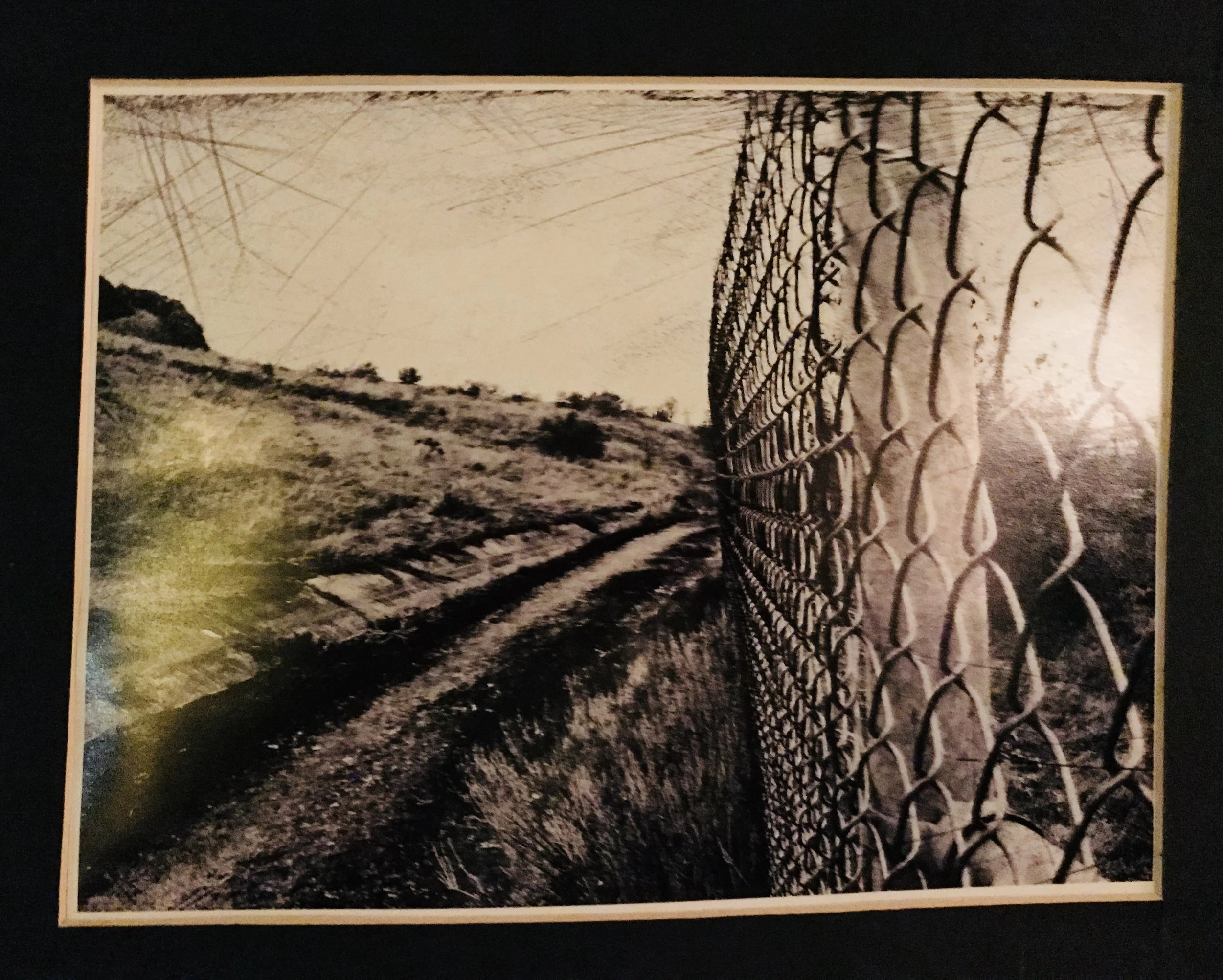By Isabelle S.
20559660
One of the first things I notice in life after prison is this bizarre self-consciousness. I’m sure it was here before, only now, it’s very acutely evident to me. It feels like I’m wearing the wrong size pants, or I’ve shown up to a dinner slightly less well-dressed than everybody else. Bizarre examples, but a lot of this self-consciousness shows up in the way I perceive my body, my movements. That something is different about me seems so obvious, like something I carry around that everyone can’t help but see.
I used to have a somewhat solidly defined identity. I had an idea of who Isabelle S. was in that space: whether I identified as an addict or not, or in recovery, or a person of privilege and education; whatever it was, I had accrued things in my life that I had attached to my name, piecemeal.
And then I come to a place like Coffee Creek, where just the fact that everybody dresses the same, watches the same things, and lives in the same place - well, it removes a lot of barriers. Everybody starts to look the same, too.
In a way it can be a more personal experience - it takes more work, but you get to see people for what they think and how they act, rather than judging by a lot of the markers we’ve habitually learned to put our stake in, e.g. how well somebody is dressed, what style they’re representing, how put together they seem, etc. It definitely required a shift in perspective, and one that I appreciated while I was there.
I didn’t know how it would affect me once I left, however. I didn’t know that it would mean I also lost touch with some part of how I related to the world around me. For example, a lot of how people interact when we get to know each other revolves around sharing our common interests - what we like; what we watch; who we emulate; our heroes and icons.
That was one of the hardest parts of reintegrating. I felt like I was rejoining an entirely different culture, and wasn’t aware of the status quo. Having conversations with people where the mere mention of a single choice (“I like this color, or this type of food”) meant a world of possibility to me, and one I hadn’t been exposed to for years. It was overwhelming. And to describe these feelings I was having, like I was a newborn, who had just seen color in her world? I didn’t have the words for it.
It’s not as if this is a negative experience in its entirety. It’s that I felt awfully lonely in going through it. I didn’t want to be a part of a post-prison population; I didn’t want to sit in circles of others and identify myself as someone who had undergone a horrific experience. Ironically enough, it seems as if it’s where I would have found community. There didn’t seem to be very much of it in the other parts of my world, where people had already learned how to live, knew what they wanted, and got by, for the most part, without very much help from anyone else.
There’s a whole spectrum of things that defines contact with others; closeness, touch, familiarity. These are the things that are taken away in prison. You’re stripped, so that you can be “corrected.” And if they don’t do this in one way, they most definitely do in another. What saddens me is so few people recognize that, as human beings, we need these things. We can’t survive alone.
And that’s very much what I felt in my first few seconds out of that gate.
The writer underwent two years at Coffee Creek Correctional Facility in Oregon, convicted for charges directly related to an active drug addiction.

